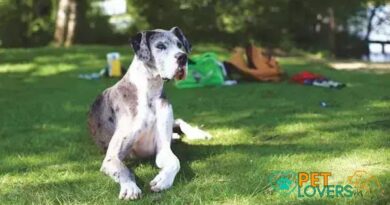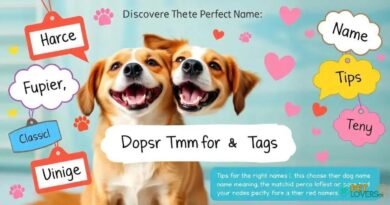What is kids and dogs
What is Kids and Dogs?
The phrase “What is kids and dogs” encapsulates the unique bond that exists between children and dogs. This relationship is often characterized by mutual affection, companionship, and learning. Dogs are known to be loyal companions, and when paired with children, they can create a nurturing environment that fosters emotional growth and social skills.
The Benefits of Kids and Dogs Together
Having a dog can significantly benefit children’s development. Studies show that children who grow up with dogs tend to exhibit higher levels of empathy and responsibility. Caring for a pet teaches kids about nurturing and can help them develop a sense of responsibility as they learn to feed, groom, and play with their furry friends.
Safety Considerations for Kids and Dogs
While the relationship between kids and dogs can be incredibly rewarding, it is essential to prioritize safety. Parents should educate their children on how to interact with dogs appropriately. This includes understanding dog body language, knowing when to approach or give space, and recognizing signs of discomfort in dogs to prevent any potential accidents.
Choosing the Right Dog for Families
When considering the question “What is kids and dogs,” selecting the right breed is crucial. Some dog breeds are more suited for families with children due to their temperament and energy levels. Breeds like Labrador Retrievers, Golden Retrievers, and Beagles are often recommended for families, as they are known for their friendly and gentle nature.
Training Dogs to Interact with Kids
Training is a vital aspect of ensuring a harmonious relationship between kids and dogs. Basic obedience training can help dogs learn commands that promote good behavior around children. Teaching dogs commands like “sit,” “stay,” and “leave it” can prevent unwanted interactions and ensure that both kids and dogs feel safe and secure.
Activities for Kids and Dogs
Engaging in activities together can strengthen the bond between kids and dogs. Fun activities such as playing fetch, going for walks, or participating in agility training can provide both physical exercise and mental stimulation. These shared experiences not only enhance the relationship but also contribute to the overall well-being of both the child and the dog.
Understanding Dog Behavior Around Kids
Understanding dog behavior is crucial when exploring “What is kids and dogs.” Dogs communicate through body language, and being able to read these signals can help prevent misunderstandings. Signs of happiness, anxiety, or aggression can be conveyed through a dog’s posture, tail position, and facial expressions, and recognizing these cues is essential for a safe interaction.
The Role of Parents in Facilitating Interaction
Parents play a pivotal role in facilitating the relationship between kids and dogs. Supervision is key, especially during initial interactions. Parents should encourage positive interactions and intervene if necessary to ensure that both the child and the dog feel comfortable. This guidance helps foster a respectful and loving relationship.
Promoting Positive Experiences
Creating positive experiences is vital for the relationship between kids and dogs. This can be achieved through consistent routines, positive reinforcement, and shared playtime. By ensuring that interactions are enjoyable, parents can help children develop a lifelong love and respect for dogs, which can lead to a more harmonious household.
Conclusion: A Lifelong Bond
In summary, the phrase “What is kids and dogs” represents a beautiful connection that can enrich the lives of both children and their canine companions. With proper education, training, and supervision, this relationship can flourish, providing countless benefits and memories for families.


